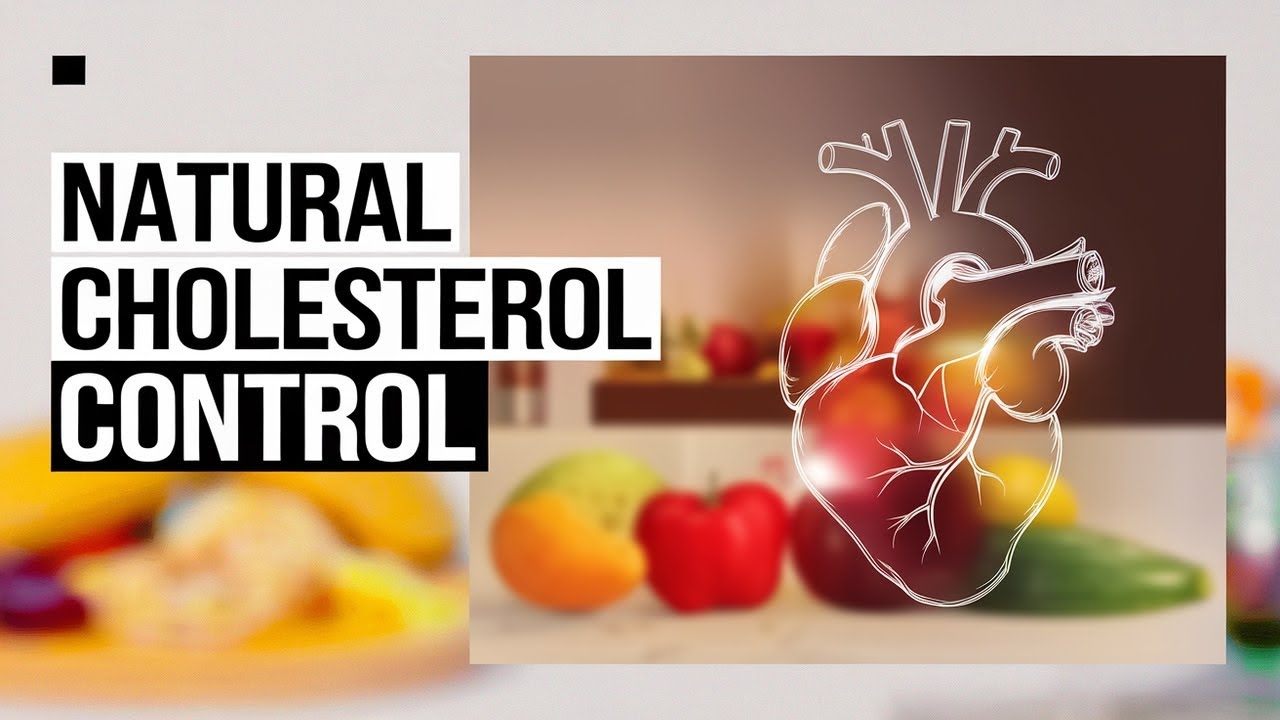The Connection Between Mental Health and Nutrition
In recent years, the conversation around mental health has gained significant traction. Simultaneously, another crucial aspect of well-being—nutrition—has been spotlighted for its profound impact on our overall health. But how exactly are mental health and nutrition connected? This blog post explores the intricate relationship between what we eat and how we feel, providing actionable insights into optimizing our diets for better mental health.
The Importance of Nutrition in Mental Health
Nutrition is a fundamental pillar of health, influencing everything from physical well-being to emotional balance. Research suggests that dietary habits can significantly impact mental health conditions such as depression, anxiety, and cognitive decline. According to the World Health Organization, mental health disorders are among the leading causes of ill-health and disability globally, affecting millions of people each year.
Understanding the Gut-Brain Axis
The gut-brain axis plays a crucial role in the connection between nutrition and mental health. This bidirectional communication system between the gastrointestinal tract and the brain is influenced by what we consume. The gut microbiota, a complex community of microorganisms residing in our digestive system, is especially important. Studies have shown that an imbalanced gut microbiome can lead to inflammation, affecting mood and cognitive function.

Key Nutrients for Mental Well-being
Several nutrients have been identified as vital for maintaining mental health:
- Omega-3 Fatty Acids: Found in fatty fish, walnuts, and flaxseeds, omega-3 fatty acids are known to reduce symptoms of depression and improve mood.
- B Vitamins: Vitamins B6, B12, and folate are essential for brain function and the production of neurotransmitters. Leafy greens, beans, and whole grains are excellent sources.
- Vitamin D: Often referred to as the “sunshine vitamin,” adequate levels of vitamin D are linked to lower risks of depression. Sun exposure and fortified foods can help maintain optimal levels.
- Amino Acids: The building blocks of proteins, amino acids like tryptophan and tyrosine are precursors for neurotransmitters that regulate mood.
Statistics Highlighting the Nutrition-Mental Health Link
To better understand the scope of this connection, let’s look at some compelling statistics:
- According to a study published in the Journal of Affective Disorders, individuals with a diet high in processed foods have a 58% higher risk of developing depression compared to those who consume whole foods.
- A randomized controlled trial in the American Journal of Clinical Nutrition found that omega-3 supplementation reduced symptoms of anxiety by up to 20%.
- The World Journal of Psychiatry reported that people with low levels of vitamin D are 14% more likely to experience depression.
Practical Tips for a Mental Health-Boosting Diet
Integrating a mental health-boosting diet doesn’t require an overhaul of your lifestyle. Here are some actionable tips:
Incorporate More Whole Foods
Focus on eating a variety of whole foods, including fruits, vegetables, whole grains, lean proteins, and healthy fats. These foods provide essential nutrients that support brain health.
Limit Processed Foods and Sugars
Processed foods and high-sugar diets can lead to inflammation and mood swings. Gradually reduce your intake of sugary snacks, sodas, and fast food.
Stay Hydrated
Dehydration can affect concentration and mood. Aim to drink at least eight 8-ounce glasses of water daily to stay hydrated and support optimal brain function.
Consider Probiotic Supplements
Probiotics can enhance gut health, which in turn supports mental well-being. Foods like yogurt, kefir, and fermented vegetables are rich in probiotics.
Conclusion: Nourishing Your Mind Through Nutrition
The connection between mental health and nutrition is undeniable. While genetics and environment also play significant roles, a balanced diet rich in essential nutrients can considerably enhance mental well-being. By making informed dietary choices, we can not only improve our physical health but also nurture our mental health, leading to a more balanced and fulfilling life.
For more information on optimizing your diet for mental health, consult with a nutritionist or mental health professional who can provide personalized guidance.
Share this content:
About The Author
Discover more from J and J Fitness
Subscribe to get the latest posts sent to your email.





